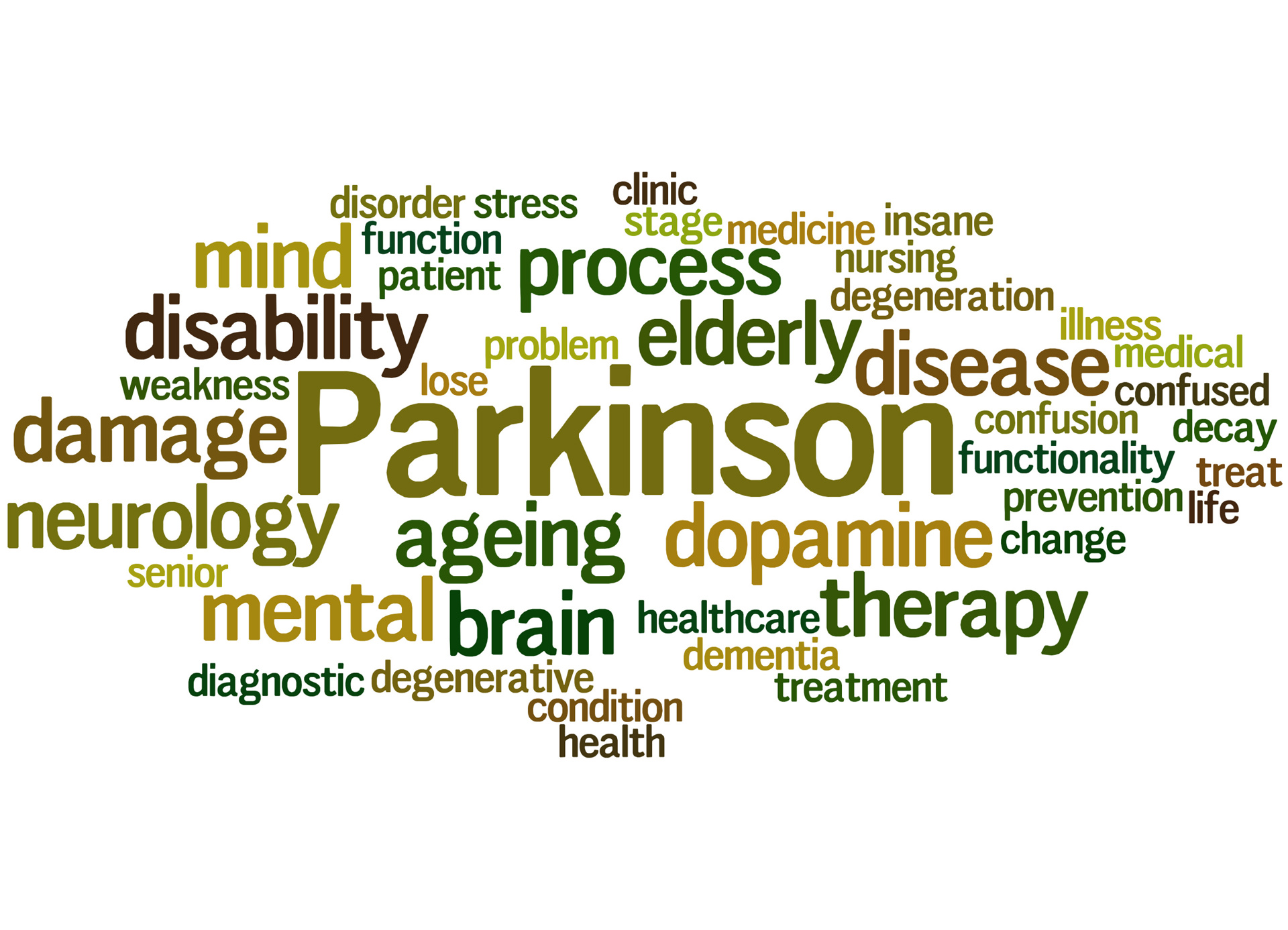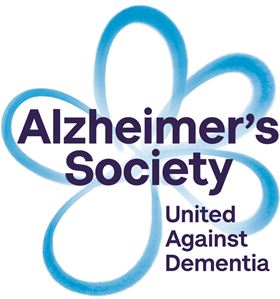How Right at Home Camden, Hampstead & Golders Green can help you or your loved ones living with Parkinson’s

Published: 05/02/2023
What is Parkinson's Disease?
Parkinson's disease is a neurological condition. It is a disease that causes problems in the brain, which continue to get worse over time, and eventually, the brain will be unable to govern some activities, such as how the body moves. This condition makes it difficult to move around and may also cause stiffness, tremors, trouble with balance and coordination, and a mix of denial and confusion.
Parkinson's disease is caused by a loss of nerve cells in the part of the brain known as the substantia nigra. This causes a decrease in the amount of a chemical known as dopamine that is found in the brain.
Dopamine is essential for controlling how the body moves and its deficiency is believed to be the root cause of many of the symptoms associated with Parkinson's disease.
It is not completely understood what causes the loss of nerve cells but most experts believe that a combination of genetic and environmental factors is responsible.
According to the NHS, 1 in 500 persons in the UK are thought to be impacted by Parkinson's disease, which is thought to affect roughly 145,000 people in the country.
Is there a cure for Parkinson’s Disease?
There is presently no known cure for Parkinson's disease; however, there are treatments that can help manage the symptoms of the condition.
These treatments include dopamine-boosting medicines, physical therapy to improve motor skills, and deep brain stimulation (DBS) to control specific brain activity. Other changes in lifestyle that can help control the symptoms of Parkinson's disease include maintaining a healthy diet, becoming more physically active on a regular basis, and learning to better manage stress.
While there is no cure, research into Parkinson's disease is making progress. Clinical tests are still being carried out in order to determine whether or not the proposed drugs are effective, and researchers are still hard at work developing innovative cures and treatments.

At what age does Parkinson’s start?
Parkinson's disease is commonly identified in adults over 50, while it can sometimes affect those who are younger.
What are the early signs and symptoms of Parkinson's disease?
Parkinson's disease can impair a person's ability to carry out daily living activities and is known to cause symptoms such as the following:
- Tremors
- Stiffness
- Difficulty with balance and coordination
- Slow movement (bradykinesia)
- Rigid and inflexible muscles
- Speech and handwriting changes

If you notice any of the above in yourself or a loved one, Right at Home Camden, Hampstead & Golders Green would always recommend seeing your GP as soon as possible.
What are the stages of Parkinson's?
Parkinson's disease has five recognised stages, which range from:
-
Stage 1 (early stage with mild symptoms)
- Body tremors on one side
- Minor coordination and balance difficulties
- No major impact on daily living activities
-
Stage 2 (mild stage with moderate symptoms)
- Body tremors on both sides
- Increased difficulty with balance and coordination
- Some difficulty with daily living activities, but still able to live independently
-
Stage 3 (moderate stage with advanced symptoms)
- Loss of balance and coordination
- Difficulty performing daily tasks
- Assistance required with some physical tasks
-
Stage 4 (moderately severe stage)
- Walking and standing difficulties
- Need for a wheelchair or other type of mobility aid
- Increased difficulty doing daily tasks
-
Stage 5 (advanced stage with severe symptoms)
- Unable to stand or walk without support
- Total reliance on other people to meet everyday needs
- heightened risk of complications, such as pneumonia and falls
The rate at which the disease advances from one stage to the next and the amount of time that each stage lasts can vary greatly. It is therefore important for those living with Parkinson's and their families to work closely with their GP and healthcare teams in order to manage the symptoms and preserve their quality of life as the disease progresses.
Is Parkinson's a terminal illness?
No, Parkinson's disease is not a terminal illness, but it can have a significant influence on a person's quality of life and cause difficulties. Parkinson's disease can progress differently in each person, with some experiencing a steady decline over many years and others a more pronounced decline.
How long does a person typically live for after being diagnosed with Parkinson's disease?
A person diagnosed with Parkinson's disease may have their life expectancy influenced by the following factors:
- The seriousness of the disease
- General wellbeing
- Having access to quality medical care
On average, people with Parkinson's disease tend to live about as long as those without the disease.
How can you care for someone living with Parkinson’s?
Patience, understanding, and a supportive attitude are necessary when providing care for someone who has Parkinson's disease. The following advice can help you care for someone who has Parkinson's disease:
-
Understand the disease: To give the greatest treatment, get as knowledgeable as you can about Parkinson's disease, including its symptoms and course.
-
Create a safe environment: Make sure the person's living space is safe and accessible, and remove any potential tripping hazards.
-
Help with everyday tasks: Provide support with tasks including eating, dressing, and taking a shower.
-
Offer emotional support: Since Parkinson's disease can be emotionally challenging and frequently has an effect on mental and emotional health, it's crucial to show empathy and support.
-
Encourage exercise: Exercise on a regular basis can help manage Parkinson's symptoms and enhance general wellbeing.
-
Connect with others: Encourage the individual to maintain relationships with friends and family and to think about joining a Parkinson's disease support group for more information and emotional support. You can also get in touch with Right at Home to learn how our CareGivers can help you or a loved one by relieving some of the stress and providing support.
- Manage medications: Assist the patient in keeping track of their prescriptions and adhering to the recommended course of treatment.
It's important to note that each person with Parkinson's disease is unique and their needs may change over time. Consider reaching out to healthcare professionals, such as your GP, a neurologist or a physiotherapist, for additional guidance on caring for someone with Parkinson's disease.
How Right a Home Camden, Hampstead & Golders Green can help
Lots of people living with Parkinson’s continue to live normal lives with support and home care services can be a lifesaver.
Right at Home Camden, Hampstead & Golders Green provides dedicated and compassionate care for individuals with Parkinson's, helping them to maintain their independence and live comfortably in their own homes. We offer a range of services including:
-
Personalised Care Plans: We assess every Client to understand their needs and we like to learn as much about them as possible. We then match CareGivers to Clients based on expertise, interests and personality and every care plan will have a recommended plan to help Clients achieve their goals.
-
Companionship: To support our Clients to continue enjoying their hobbies and interests we take them out to their favourite places whether that be the local park, community centres, to meet with friends, their local coffee shop or even shopping.
-
Personal Care and assistance with daily living activities: such as washing, dressing, eating and toileting.
-
Home help and assistance with light household tasks: like dusting, changing bedding, vacuuming, shopping and food preparation.
-
Specialised care for Parkinson's patients
-
Medication Assistance: Many people living with Parkinson’s struggle to find the correct medication dosages and need help from their GP. Right at Home Camden, Hampstead & Golders Green can assist with GP appointments, collecting medication from the pharmacy and even prompting to take or administer medication.
Our CareGivers understand the unique physical, mental, and emotional challenges faced by those with Parkinson's. Many people who live with Parkinson’s can have a normal life expectancy thanks to advances in treatment.
While there is no cure, at Right at Home Camden, Hampstead & Golders Green, we know that support for someone living with Parkinson’s is vital and can help them live their best possible life.
Contact us on 0203 921 1111 to speak to one of our experts and learn more about the help that Right at Home Camden, Hampstead & Golders Green can provide.

